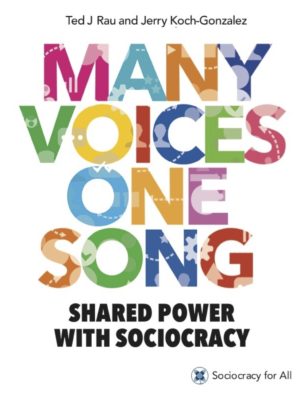In decision-making, one consents or one objects. Consent is defined as no objections. To object means no consent It’s very simple.
Consent has no modifiers so why should objections? No one asks for paramount or principled consent.
What would paramount consent be? Would we ask, “Are you consenting because this proposed action is the most important thing in the world right now?”
Do we examine the basis on which people are consenting? No, we don’t. But if someone objects and continues to object, we want to create qualifications for objections and tell them they can only object based on these qualifications. Objections get in our way so we try to blunt them. Consent doesn’t so we want to avoid looking at it too closely.
In terms of adopting a proposal, of making a decision, neither consent nor objections can be qualified. But they must be argued.
A proposal usually contains arguments in favor of an action and we assume that those consenting to it are consenting on the basis of those arguments. Many objections have usually been resolved in the proposal forming process. If objections remain, they can only be resolved by addressing the arguments for and against the proposal. The proposal is the subject. Objections can only exist in relation to the proposal and its affect on the individual and the group if it is adopted.
Why should we consent? Why should we object? Why we are consenting is just as vital as why we object. Rounds balance the objections with the consents.
If the group begins focusing on whether an objection is “allowed” or if it is really “paramount” (a word I could never get a grasp of), it has moved away from examining the content of the proposal to the motivations and character of the objector. The focus on the substance, the quality of the proposal and the quality of the argument is lost.
Stick to the proposal and addressing arguments, for as well as against.
Categories: Decisions and Power, Leadership and Self-Organization

